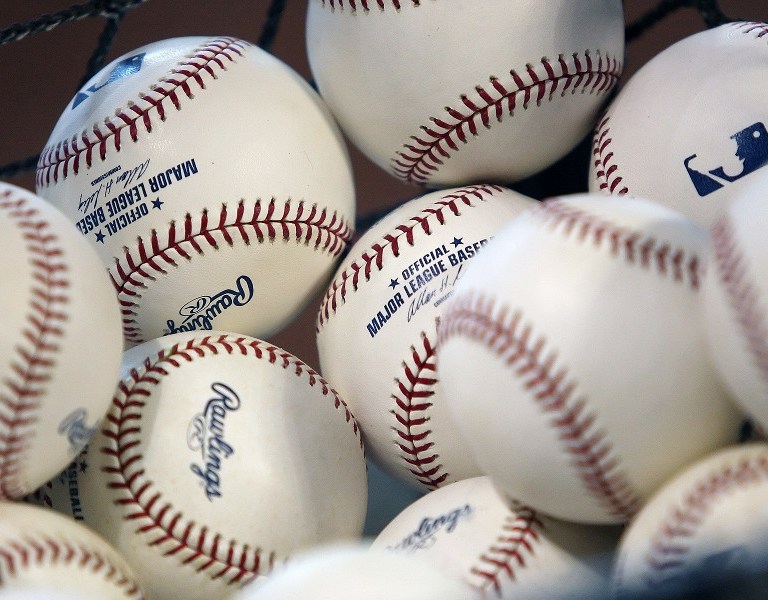Alt Site Rules Leave Ambiguities On Player Compensation


The alternate training sites all 30 teams are currently running alongside minor league spring training exist in an in-between world, neither part of the minors nor the major leagues.
That novelty has led to inconsistencies in how minor leaguers are compensated for their time at the alternate sites.
For the purposes of pay, Major League Baseball confirmed to Baseball America that players must be paid as if they were playing Triple-A games. At minimum, that means players at the alternate site are receiving $700 a week. Veteran players in some cases are receiving significantly more.
But when it comes to housing and food, there is no such consistency. Teams are free to choose how they handle housing costs and meals for players sent to alternate sites. Some may opt to cover their players’ full housing costs, while others could pass that burden on to the players themselves. Teams may also provide meals and/or a per diem as if the players were on a road trip, while others might opt to leave meals up to the players.
That’s where the alternate site situation gets trickier. Teams using their Triple-A parks for their alternate sites likely have plenty of players who will simply be assigned to Triple-A once the regular season opens. That stability means an apartment a player finds for his time at the alternate site might also be where he stays during the season.
Many teams are not using their Triple-A cities for the alternate sites, however, and there are also players at the alternate site who will head elsewhere once the minor league seasons begin. In many cases, players are spending this month at hotels. If they are responsible for the cost of housing, it can eat up a significant amount of their paychecks for a temporary assignment.
That’s where the ambiguity arises. Players at minor league spring training have their housing provided for them by their team. Players at the alternate site might not have that luxury, since the two camps are being treated differently.
Similarly, MLB teams are responsible for providing food for players during the minor league season—the new health and wellness provisions make it clear that MLB teams are responsible for all meals at the minor league facilities and players cannot be charged dues to cover food costs. Those new rules do not apply at the alternate sites because the work they are doing and games they are playing are not part of the minor league season.
Baseball America first learned about the potential disparities from a Tweet by the Advocates for Minor Leaguers.

Comments are closed.